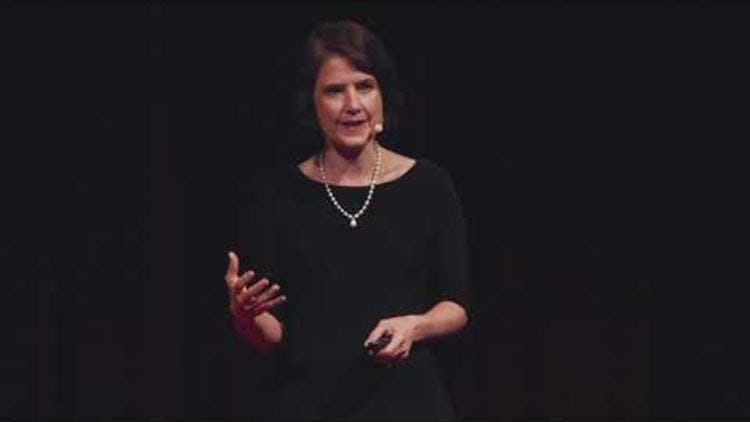by Eric D. Rose, Ph.D. & Melissa Shuman Zarin, Ph.D.
__Counseling and Psychological Services (CAPS)
At this point we are all all too familiar with the everyday emotions of life during the coronavirus. Isolation, loss of routines, and fear of the unknown can easily generate feelings of boredom, frustration, loneliness and anxiety.
Some of us take solace in the universality of this experience — that we are all in this together, sharing the same hopes and fears. Others are using this as a time to take stock of what is most important and reconnect with cherished values.
Regardless of how each of us decides to move through this moment, our emotional well-being will be well served by setting aside negative coping skills and focusing on positive ones.
What are negative coping skills?
Negative coping skills are the not-very-helpful ways people tend to respond to stressful life events. Interpersonally, negative coping can sometimes involve shutting people out, becoming overly self-reliant, or imagining oneself to be a burden on others. In terms of how we relate to ourselves, negative coping can involve engaging in unhealthy behaviors (think stress-drinking), unhealthy emotional responses like pushing down your feelings, and negative thought patterns (like imagining worst-case scenarios all day).
What are healthy coping skills?
Healthy coping skills are the things we do in response to stress that makes things more manageable. Just like negative coping, these can be things you do with others or things you do on your own.
Here are some things you might try in the days and weeks ahead to make things a little easier to bear:
Make a daily routine. Almost all of us do better with some structure in our lives.
Take care of your sleep. Practice good sleep hygiene. As best you can, go to sleep and wake up the same time each day. Avoid screen time for at least an hour before bedtime and try to make your bed a work-free zone.
Don’t skip meals. The combination of stress and loss of routines may lead some people to skip meals during the day. Eating regular, healthy means will keep your mind sharp and your body well nourished.
Exercise. Thirty minutes of light exercise a day can do wonders for your mood and well being. If you can do this outdoors and get some sunlight, even better!
Become a helper. Helplessness during a crisis is hard. One of the best ways to cope with this is by finding a way to help others.
Reframe the situation. It’s easy to see the bad in everything that’s happening right now. As best you can, try to focus on some good that might emerge from your new circumstances. Watching that TV series you always wondered about; finally cooking healthier; spending more quality time with your kids: these are all small things to be grateful for.
Connect, connect, connect. This one’s important. Don’t let physical distance equal social disconnection. Call friends and family. Video chat with them. Take time to stay in touch.
Mind your hygiene. Just because you can stop shaving and start wearing yesterday’s sweatpants doesn’t mean you should. Taking care of your hygiene is a reminder of your humanity, and it can help a lot during a time like this.
Practice being in the moment. Stop and smell the roses. Pause and notice your breathing. Sometimes a little mindfulness can help pull us back from a place of fear and anxiety.
Consume news wisely. Coronavirus news is useful…to a point. If you can, limit your media intake about the virus to 30 minutes a day. Any more than that will likely just feed your anxiety.
Just because you can work all day from home…doesn’t mean you should. If your job allows, hit the pause button before dinner and don’t pick up your work again until after breakfast the next day. Your mind needs these separations to help it make a new routine.
Explore online. A number of online resources are being offered for free or at a reduced rate during the COVID-19 situation. Ten Percent Happier is streaming live “sanity breaks” on YouTube daily at 3pm, while Down Dog Yoga is offering free yoga online until July for teachers and healthcare providers. And Headspace is always a great place to pause, breathe and appreciate what’s right in front of you.
Finally, if you are experiencing difficulty coping or know a student, staff member or faculty member who is, do not hesitate to seek help. Stevens students have resources available including the CAPS website, which is constantly updating offerings in light of the COVID-19 situation. Faculty, staff and students may also contact a member of the Stevens CARE Team at any time via the myStevens portal to report concern about a student.
You may find the TEDx talk below useful, as well.
Be well.





